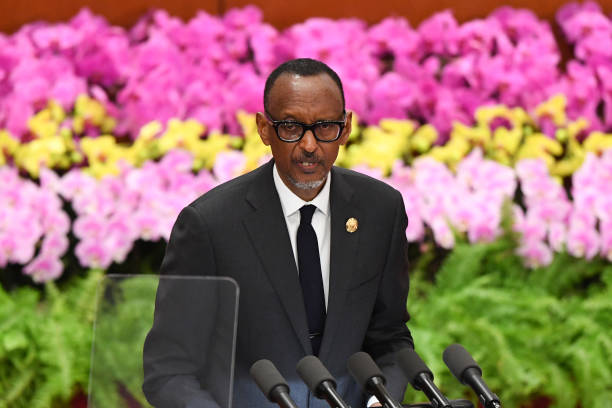Rwanda will continue to be ruled by Paul Kagame’s Patriotic Front after they netted 74 per cent of the vote, along with seven of their allied parties, in elections this week.
Kagame is a self-confessed Arsenal fan and seen as the main driver behind Arsenal’s recent £30m sleeve sponsorship deal with the country’s tourism division, ‘Visit Rwanda’.
Kagame’s governing RPF-Inkotanyi took most of the 53 seats up for election, winning 40 in conjunction with their allies after receiving 6.6million votes on Monday.
The turn-out for the election was an impressive 93% (the Brexit referendum – the largest turnout for a UK vote was 72.2%) and the Social Democratic Party (PSD) and Liberal Party (PL) won five seats and four seats, respectively.
The Democratic Greens obtained two seats in what is being hailed by some as something of a breakthrough in the country with 5% of the vote. “It’s a sign that Rwanda is opening up its political spectrum,” said Green party leader Frank Habineza, a former RPF member who has become a critic of Kagame’s policies.
“We have reached a significant objective in obtaining parliamentary seats.”
The Greens are the only opposition party tolerated in the country. The 37-year-old accountant, Diane Rwigara, who tried to oppose Kagame’s party, was blocked from contesting the presidential elections before being arrested and charged with fraud and incitement. She is still behind bars, due to appear in court again on 24 September, accused of using forged documents while submitting her candicay and of inciting insurrection.
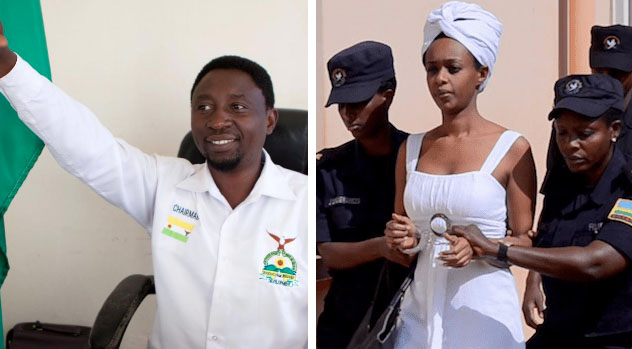
PS-Imberakuri also picked up two seats.
Rwanda has 80 directly-elected parliamentary seats but they 24 which are held for women, two that are held for youth and one for a disabled person, were not on the ballot.
There has been a significant amount of discussion around Rwanda’s spending of so much money on a deal with Arsenal and it even resulted in a spat between CNN and some elected officials.
Rwanda’s Minister of State in the Ministry of Foreign Affairs, Olivier Nduhungirehe, told broadcaster CNN to ‘be quiet’ after they criticised his country’s deal with Arsenal, prompting a backlash in the nation.
The network tweeted a link to an article that criticised the country for spending millions on sponsorship with Arsenal while still receiving foreign aid.
Rwanda is spending millions of dollars to sponsor Arsenal, one of the UK's richest football clubs — even though the country is a major recipient of foreign aid https://t.co/RgzWrSICx1 pic.twitter.com/CDawi6OzxF
— CNN (@CNN) August 13, 2018
Nduhungirehe responded on Twitter:
https://twitter.com/onduhungirehe/status/1029009436940140545
He also retweeted these:
The article (which is late to the discussion) doesn’t dive into the reasons for why this deal exists. It rests on Rwandan commercial diplomacy to help spur tourists and foreign investors. This will help develop the economy and reduce the reliance on foreign aid. #Rwanda https://t.co/0Vsp5kE4nD
— Jonathan Beloff, PhD (@JewswithRwanda) August 13, 2018
When a powerful media like #CNN -which I respect- uses wrong figures to manipulate public opinion, it makes #FakeNews. That makes the "news" irrelevant, thus; fake
— Ladislas NGENDAHIMAN (@NLadislas) August 14, 2018
@CNN this is #FakeNews! Plse take note: 1. Rwanda’s devt story today speaks to the right choices we have made each yr, 2. Aid has helped us but today only accounts for 16% of our national budget, 3. We generate tourism revenues that support our marketing budget incl #visitrwanda
— Emmanuel Hategeka (@ehategeka) August 14, 2018
Speaking recently, CEO of the Rwanda Development Board, Clare Akamanzi, told CNN, “The media has been speculating around £30 million but what I can tell you it’s not £30 million, it’s less than that.”
Kim Kamasa, a diplomat in Rwanda’s embassy in Kenya, also tweeted, “Dear @CNN it’s more about value for money not where the money comes from. #Rwanda is investing some money to make more money so that more money can get to more needy people #VisitRwanda.”
He also retweeted:
.@CNN don't worry, I'll fix the headline for you:#Rwanda, one of the most breathtakingly beautiful countries in the world partners with .@Arsenal to encourage more people to #VisitRwanda.
Editorial: @wef 2014 Global Competitiveness Report ranked Rwanda 7th most efficient gov't https://t.co/YGYBfbf99K
— Junior Sabena Mutabazi (@Jsabex) August 13, 2018
If you are interested in learning what has been happening in Rwanda, this thread is worth checking out:
1a. Rwanda is incredibly focused on Rwanda. It sounds like something that every country should do but the truth is many countries are more loyal to their greed or their corruption. So, after the Genocide of 1994, Rwanda buckled up and took the bull by the horns. Here's how…
— Funmi Oyatogun (@funmioyatogun) August 16, 2018
Leaving aside the benefits to Rwanda, real or perceived, that come from the deal, there has been a lot of talk about Arsenal’s sleeve sponsorship deal with the country yet the moral outrage from some journalists that greeted news of the arrangement has been conspicuously lacking in relation to deals with the likes of Emirates, Etihad, or Roman Abramovich.
Even Stan Kroenke receives little-to-no criticism for his business dealings despite how hated he is in parts of America.

In June, the United Arab Emirate’s leading human rights activist, Ahmed Mansoor, was jailed for 10 years for his ‘social media activity’.
Mansoor’s ‘crime’ was to use his social media accounts to publish ‘false information’ and ‘spread hatred and sectarianism’. In addition, he was also fined Dh1 million (approx. £204,000) for insulting the ‘status and prestige of the UAE and its symbols’, including its leaders.
The reality, however, is that Mansoor, who had, prior to his arrest, faced ‘repeated intimidation, harassment, physical assault, and death threats from the UAE authorities or their supporters,’ according to Amnesty International, merely expressed support for a fellow activist.
Osama al-Najjar was still being held by authorities despite completing his three-year sentence for tweeting about human rights abuses.
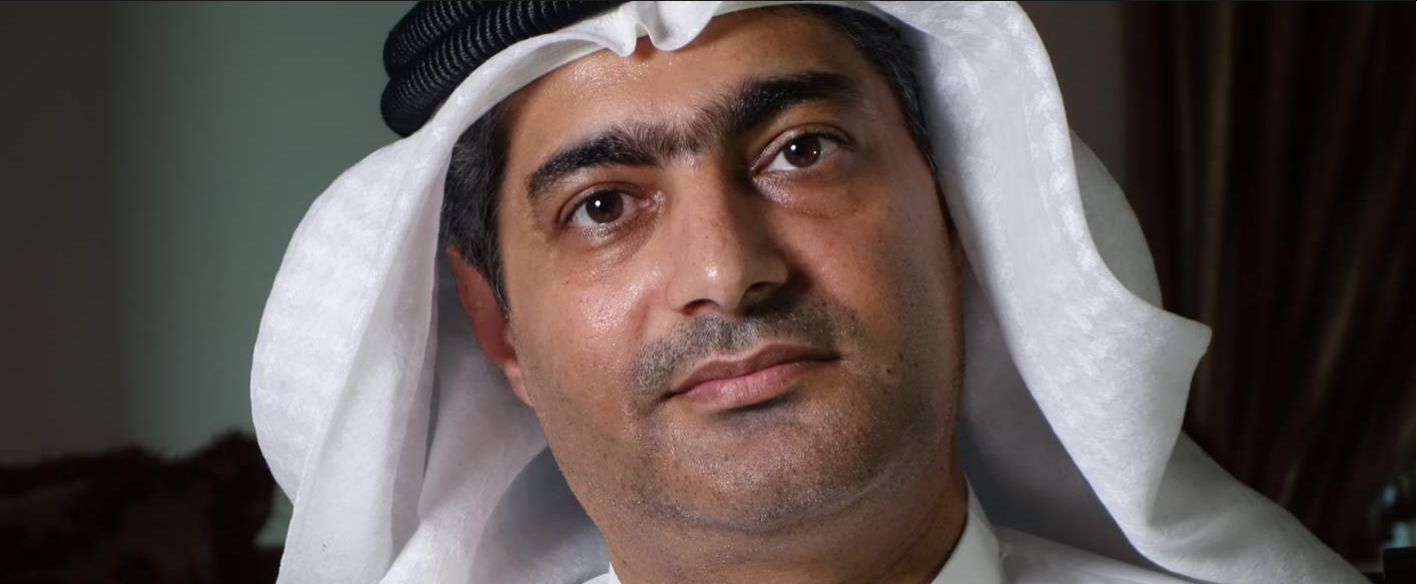
“Ahmed Mansoor is one of the few openly critical voices in the UAE, and his persecution is another nail in the coffin for human rights activism in the country,” said Lynn Maalouf, Amnesty International’s Middle East Research Director.
“The decision to lock up Ahmed Mansoor for the next 10 years for simply sharing his opinion on social media is what causes the real damage to the UAE’s reputation and so-called ‘social harmony’, not Ahmed Mansoor’s peaceful activism.
“Ahmed is a prisoner of conscience who has been targeted, tried and sentenced for using Facebook and Twitter to share his thoughts. He should never have been charged in the first place and now he must be released immediately.”
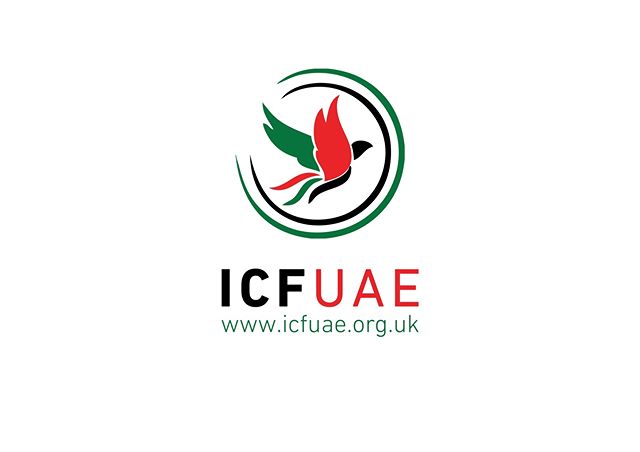
Joe Odell of the International Campaign for Freedom in the UAE told Daily Cannon, “This outrageous sentence is just the latest episode in the UAE’s continued clampdown on freedom of speech and expression. It is yet another clear indication that the regime who owns the Emirates brand have no regard for human rights – and a clear disdain for anyone who seeks to defend them.
“In reality, all that Ahmed Mansoor is guilty of is speaking up for the rights of the oppressed people throughout the region. It is about time that Arsenal FC Kick out the Emirates and say no to the UAE’s sport-washing.”
So what’s all this got to do with Arsenal?
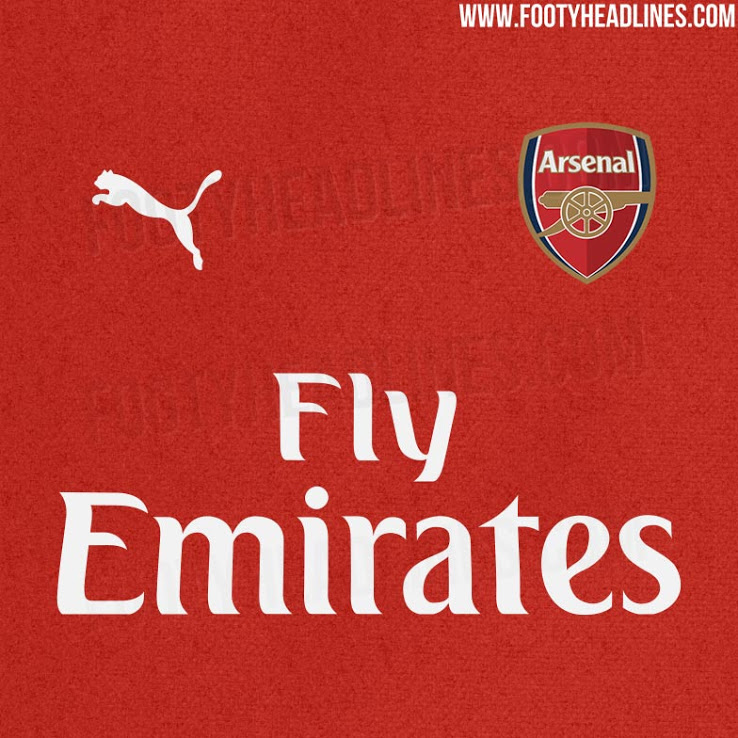
“Emirates Airline is a company that is wholly owned by the government of Dubai,” Odell added.
“In recent years, the human rights situation in the UAE has deteriorated considerably with practices such as arbitrary detention, torture and enforced disappearances becoming increasingly commonplace.
“Despite this, many in the UK continue to associate the UAE with luxury holidays and sporting events rather than human rights violations.
“In some respects, such deals enable the UAE authorities to ‘launder their reputation’ through cultural institutions in the UK such as Arsenal Football Club.”
When you think Rwanda, you likely also think ‘genocide’. That’s what made it so easy to criticise that deal despite the complexities of the situation there.
It is a country that has serious issues when it comes to democracy, free speech and poverty, amongst other things, but on the other hand, they are taking massive strides towards alleviating that poverty and are dragging women’s rights a few inches out of the middle ages.
In the UAE, they are doing none of that, yet because we think of the country as a utopia we all aspire to afford, mouths are kept shut.
It is a country that forbids criticism of its government, government officials, police and royal families and, in 2012, enacted a law to ensure online criticism was also punished.
It is illegal to be queer.
Women must receive permission from a male guardian to marry and it is illegal for them to marry non-Muslims.
They punish those accused of adultery by flogging, but only the unmarried ones. Married adulterers are stoned to death.
80 lashes for alcohol consumption. 100 lashes for pre-marital sex. Theft, drunk driving, kissing in public…lash, lash, lash.
They even have actual laws to dictate what sort of clothes you can wear.
You know this, right?
I think we all do, but on some level choose to ignore it.
While I knew most of the laws listed above, I don’t think I’d ever read them all together, and certainly not within the framework of our current political climate.
I’d been thinking, as I watched the Handmaid’s Tale, that it wouldn’t take much to get us from here to there. A little more Trump and the DUP and who knows what sort of dystopia we could find ourselves in.
But the Handmaid’s Tale is not the future. It is already here, now, playing out in the United Arab Emirates while we support our football team running around with their names emblazoned on our shirts.
William Gibson once said that “the future is already here, it just isn’t evenly distributed.”
Arsenal being sponsored by ‘Fly Gilead’ might seem like an absurd notion, but is it really much different than ‘Fly Emirates’ given how they treat women and ‘gender traitors’?
But yes, let’s focus on Rwanda instead…
Want more? In episode 151 of the Daily Cannon weekly podcast, our host Matthew Wade discusses the issue further:

